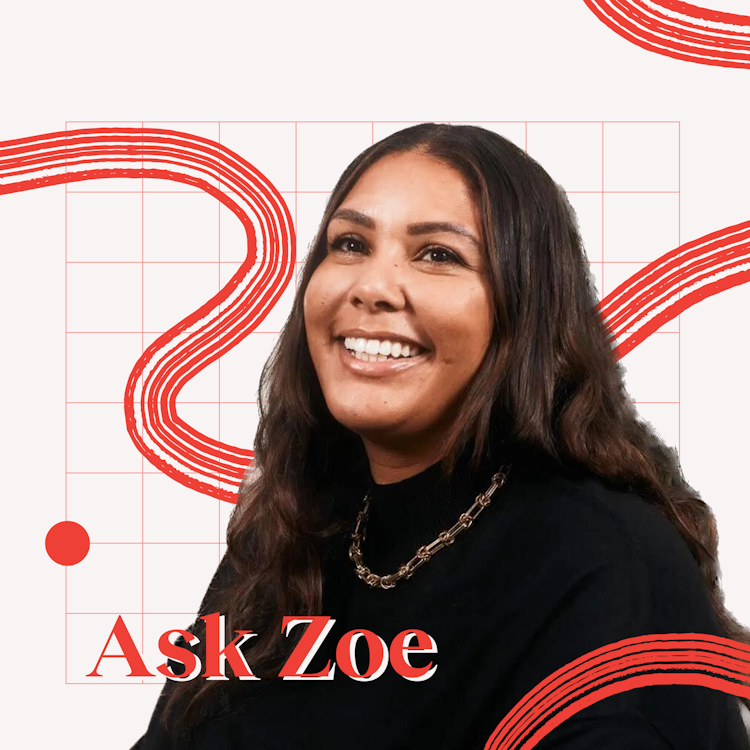"I would like to move into VC — how can I successfully make the transition and showcase my profile?"
VCs play an important role in building ecosystems, and careers in venture capital have become increasingly sought after amid growing opportunities to invest in high-quality startups in Europe.
But even as an increasing number of VC firms have been established in Europe, paths into VC haven’t gotten much easier. Demand for roles far outstrips supply, and the route in can be opaque, exclusive and arduous.
I fell into VC by accident. I didn’t know what venture capital was at university, or even private equity as an asset class. There were no programmes designed to ease entry to the sector, and very few relatable examples of people whose career steps I could trace. Ten years on the landscape is different and — though not easy — there are more ways in.
Where are you transitioning from?
Most firms are built on investor talent. These are the people who go out and hunt investment opportunities in high-growth companies, the core business of a VC firm.
If this is the type of role you’re after, it’s worth assessing how big the gap is between your current role and experience and the role that a VC plays.
There is valuable lived experience that a former operator-turned-investor can impart: battle scars and all
If you are already working in finance or business, a lateral shift may not be out of reach. Experience in valuing companies, assessing market trends and sector due diligence is worth highlighting when going for an investor role.
Your greatest challenges might be showing that you are plugged in to proprietary founder networks, your degree of authentic founder empathy and how you have helped growing companies in the past.
Operator to investor?
Create opportunities to build on these elements and you’ll stand out in the finance crowd. Sometimes this means doing a stint working as a startup operator.
If you’re currently an operator seeking an investor role, you might think the odds are stacked against you, but in fact, you may have a distinct advantage.
Alongside capital, founders increasingly want and expect company-building support from their backers, particularly in the early stages. Founder empathy may be something you spike on from working in founder-led companies.
There is also valuable first-hand lived experience that a former operator-turned-investor can impart: battle scars and all. As an operator, you may be hired for your domain knowledge and unique access to founders from your alumni networks or sector communities.
Optimist vs realist
I asked my colleague, George Robson, who led a product area at Revolut before joining Sequoia as a partner, for his take.
"It's not just the skills that transfer, it's the ethos," he tells me.
"As an operator in the right environment, you get to see what a high-performance culture looks like in practice, and the grit and commitment required of founders for what can feel like a years-long sprint.
“It can be vital preparation for learning to hold the tension between being the optimist and dreamer who can see the audacious potential of what could be achieved, and the realist who can get real about the obstacles a company will face at every turn."
An operator’s greatest gap to overcome is likely to be the technical aspects of investing, such as company evaluation, fund mechanics and deal terms. Getting to grips with how companies are discovered (deal flow) and how to value them, both today and in the future, is essential.
There is a plethora of resources to help aspiring investors close knowledge and understanding gaps — from books like The Power Law and Venture Deals (if you really want to get into the technical weeds), podcasts like 20 Minute VC and Invest Like the Best, and dedicated entry programs like the Newton Venture Program and Included VC.
What firm?
Not all firms look the same, they vary by stage of investment (very early, early, growth, multistage), emphasis (thematic, thesis-driven, sector agnostic), size/maturity (legacy player, newcomer, large fund, small fund) and culture (corporate, boutique, startup).
Sort your research into a simple matrix to build distinction and consider where your strength and experience gravitate.
Don’t want to be an investor?
In the past decade, we have seen the rise of operating platforms that exist within VC firms to create leverage for both investors and founders.
Though not every firm will have a large team, it is not uncommon to see people in talent, marketing and comms, community and operations.
Being a VC is not as easy or glamorous as it may seem
The supply of these roles is even more limited than investment positions but it offers another line of opportunity for those with the right skill set.
As you start your research, bear in mind that the size of the fund — and therefore the management fees earned — often dictates how much a firm can invest in growing its operating team.
How to find out about opportunities
It can take a really long time to secure a role at a VC firm, often the best part of a year or longer. Positions at firms are rarely advertised and visibility about who’s hiring is low.
My best advice is to start building a network of people who work for these firms, regardless of their position. This requires some networking, which is an essential part of an investor’s job.
The connections I built this way led me to role opportunities at VC firms; in fact, it was a connection with someone at Sequoia back in 2016 that led to me joining the firm in 2021.
If you prefer online to offline, many VCs converse on X, which is another place to start conversations that could lead to a relationship.
Other routes in
- Look into emerging ecosystems: The vast majority of European VCs have teams in the UK, France and Germany. But there are some emerging ecosystems in places like Italy and CEE, where new firms are being established and competition may not be so fierce.
- Consider accelerators or incubation programmes: I referenced my "accidental" falling into VC — and that's because I joined Entrepreneur First before it became an investment firm. Don’t discount adjacent institutions that focus on supporting founders — they can provide a valuable and relevant set of experiences.
- Find ways to be helpful: If you’ve found your dream VC team, see if you can add to their strategy and process from the outside. This could be sharing founders from your network, or insight on markets and sectors they are pursuing. Build a personal thesis that you can share; I sent one investor an informed one-pager on how I thought VC talent functions should be built in Europe and it led to a job offer.
Lastly, it is worth mentioning that being a VC is not as easy or glamorous as it may seem. You must be prepared to play the long game. There are lengthy periods of uncertainty due to the long feedback loops, which means it’s hard to know if you’re doing a great, good, or terrible job on any given day.
Financial upside and results often take a decade, sometimes longer. We are no longer in the VC boom cycle that we saw over the last several years. Think about your motivations: you need to be intrinsically driven by the opportunity to partner with founders building the unimaginable future, and the behind-the-scenes work that comes with that.
Zoe will be answering questions from Sifted readers each month. Have something you want to ask? Reach out at askzoe@sifted.eu.




